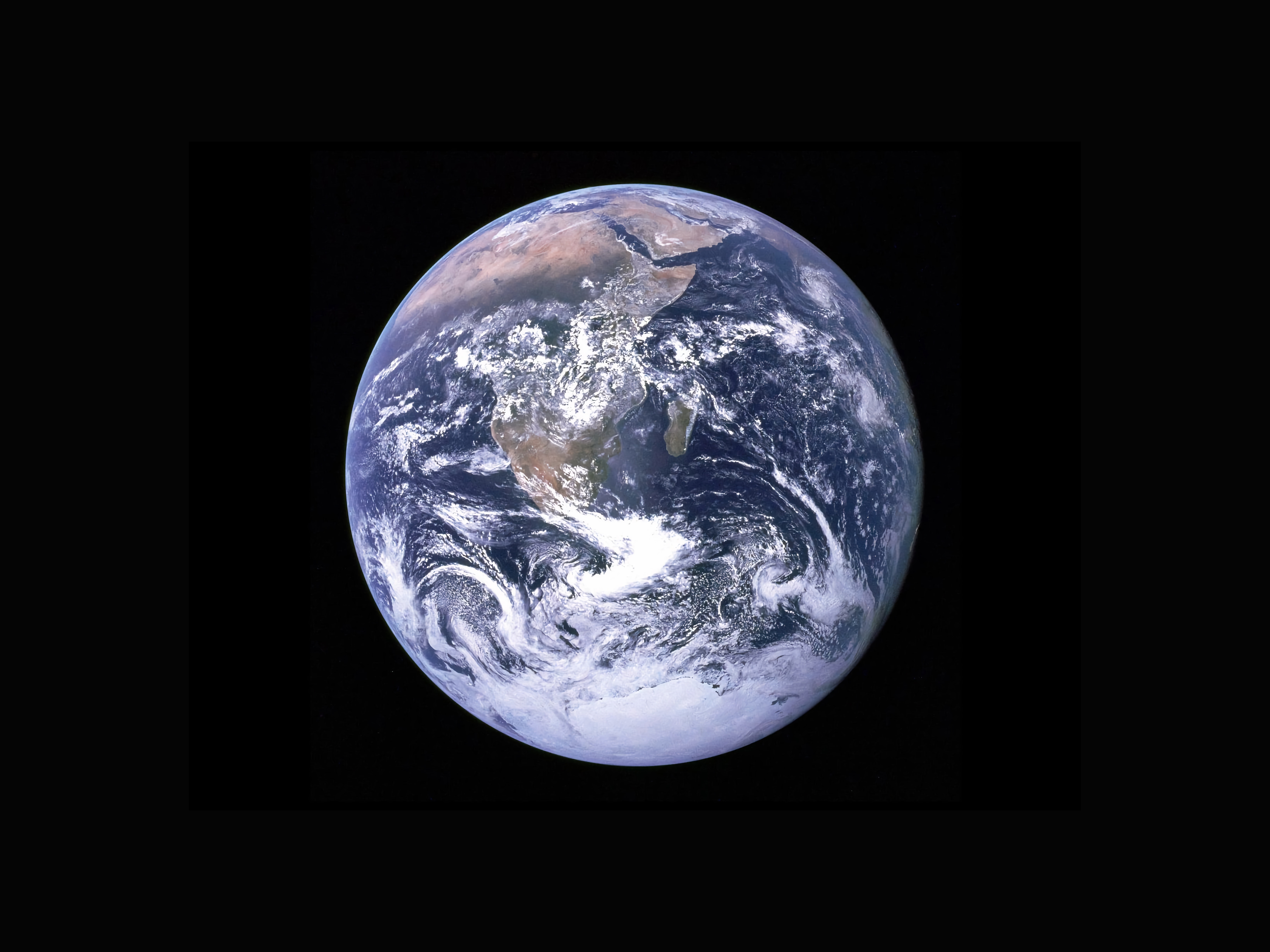Having Dominion
'When I look at your heavens, the work of your fingers, the moon and the stars that you have established; what are human beings that you are mindful of them,
mortals, that you care for them?
Yet you have…given them dominion over the works of your hands' (Psalm 8.3-4,6)
Welcome to the twenty-ninth God on Monday reflection! In the run-up to the crucial COP 26 United Nations Climate Change Conference in Glasgow in November, this is the first in a short series of reflections on purpose and the environment.
One of the first times faith came alive for me was when I was a young teenager. I was at a large Christian festival in the Peak District. One of the speakers was the astronaut Buzz Aldrin, one of the first two humans to set foot on the moon. He spoke movingly about the wonder and majesty of what he had seen during his lunar voyage. It had inspired him to cite, in a global media broadcast from inside his spacecraft, the first of the two lines above from Psalm 8.
Around ten millennia after those lines were written, the Psalmist's insight that human beings are only a tiny part of the vast created order has become central to the environmental movement. However, the following line of that Psalm, which suggests God has given humans 'dominion' over creation (echoing Genesis 1) has proved problematic to many members of that movement. This idea, they claim, is largely responsible for the human exploitation of the natural world that has led to our current ecological crisis.
This charge against Christianity, which for many people represents a stumbling block to faith, relies on a selective reading of scripture. For the second account of creation, in Genesis 2, provides a key insight into what ‘having dominion’ really means. There we read in verse 15, ‘The Lord God took the man and put him in the garden of Eden to till it and keep it’. The Hebrew verbs translated here as ‘to till’ and ‘to keep’ are horticultural terms that are specifically about the careful nurture of nature. They are an early example of a recurrent theme in scripture about the wise stewardship of the earth’s resources.
Christians have, of course, been amongst those who have irresponsibly exploited the earth’s resources. But when they do, they are not fulfilling God’s purpose that humans have dominion (Psalm 8 and Genesis 1). They are, instead, reflecting the fallenness of human beings depicted in Genesis 3, where the relationship between human beings and the natural world is marred by alienation and hostility. For it is only in stewarding creation that humans fulfil what on earth they are here for.
Peter S Heslam, Director of Faith in Business
Read next